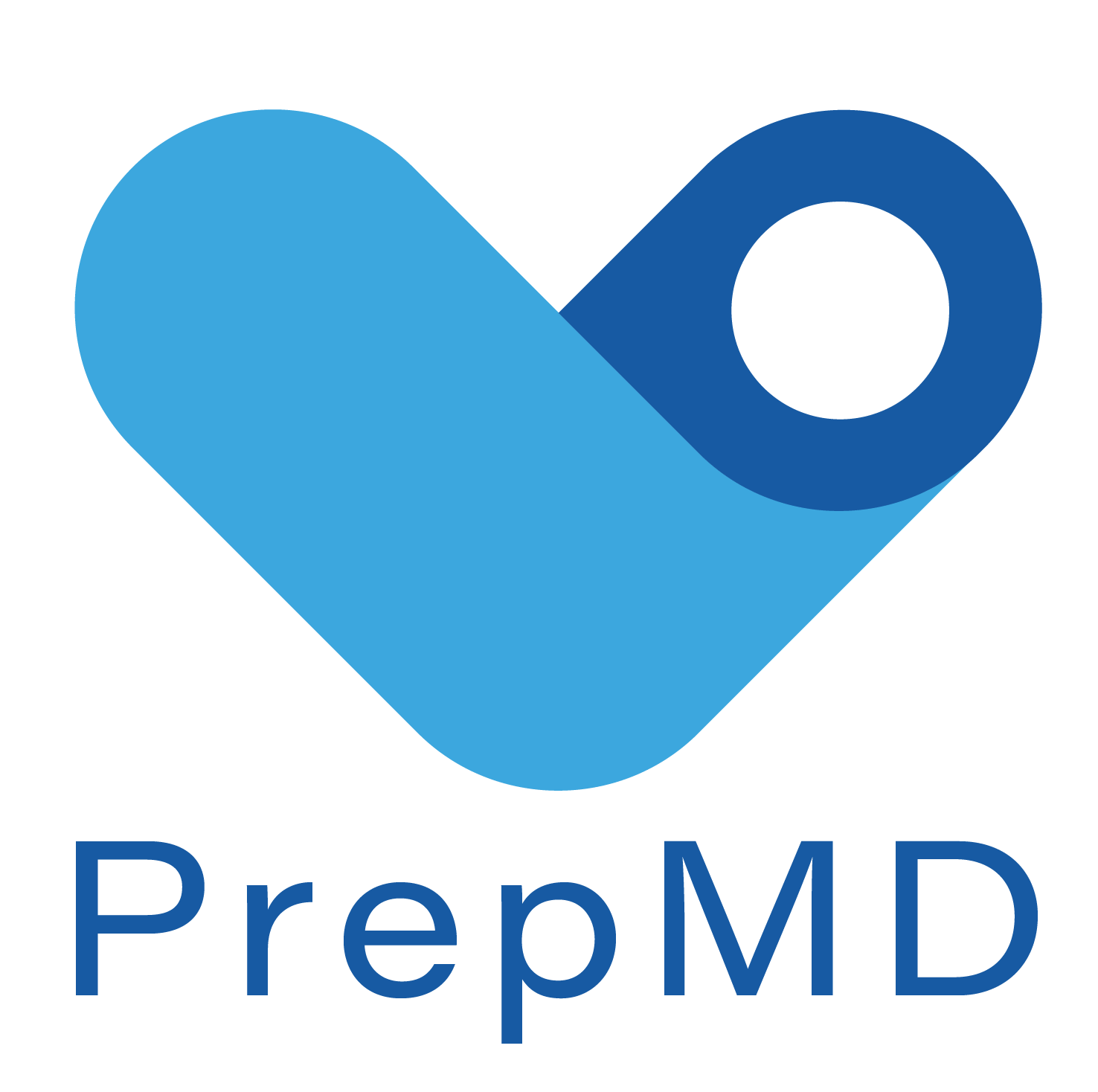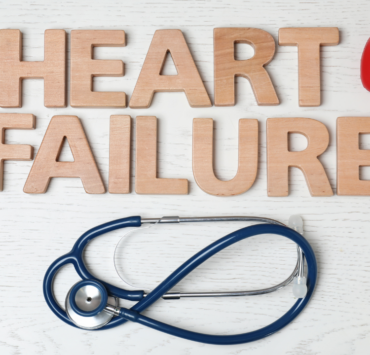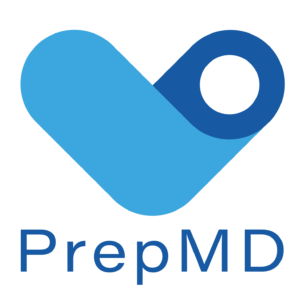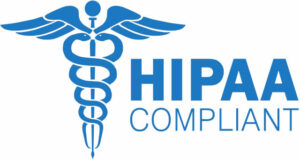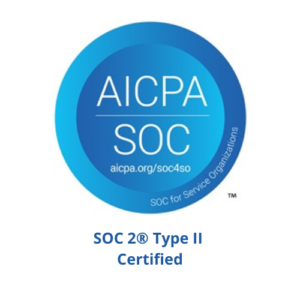The success of cardiac device clinics depends heavily on the expertise and skills of their staff. Whether onboarding new employees or enhancing the proficiency of experienced team members, selecting the right training program is essential. With the growing demand for cardiac device expertise, clinic managers must prioritize training solutions that provide a strong foundational understanding while equipping teams to adapt to technological advancements and deliver exceptional patient care.
Effective training programs equip staff with the confidence and skills to handle complex clinical scenarios and meet patients’ needs with precision and efficiency. Without proper training, clinics risk increased errors, reduced patient satisfaction due to inefficiencies, and lower staff morale and retention. Investing in high-quality training not only enhances daily operations but also lays the foundation for long-term success, excellence in patient care, and improved financial outcomes for clinics.
What to Look for in a Cardiac Device Clinic Training Program
- Comprehensive Curriculum
A well-rounded, up-to-date curriculum is essential for both new and experienced staff. While new hires need a clear starting point to build their expertise, experienced employees can greatly benefit from revisiting and reinforcing foundational concepts.
An effective training program should encompass:
- Core topics, including cardiac anatomy, physiology, rhythm analysis, and therapies such as Brady, Tachy, and CRT.
- Advanced concepts, practical applications, and simulation-based learning, focusing on device operation, troubleshooting, and monitoring.
By blending foundational knowledge with practical application, a comprehensive curriculum equips your team to excel in the ever-evolving field of cardiac device management.
- Onboarding and Upskilling Made Easy
The onboarding process sets the foundation for a new hire’s success. A strong onboarding process integrates a high-quality technical training program designed to:
- Seamlessly integrate new staff into your clinic’s workflows.
- Minimize errors through structured and effective learning paths.
- Build confidence and competence in handling cardiac device programming and monitoring.
Equally important is the upskilling of existing staff. Training programs that address skill gaps and incorporate best technical practices ensure experienced employees remain competitive, adaptable, and equipped to handle the latest cardiac device technologies. Training programs that offer preparation practice tests also enable experienced staff to take their expertise to the next level by earning credentials such as IBHRE CCDS or CDRMS.
- Flexible Learning Formats
Flexibility is essential when selecting a training program, as each clinic’s needs are unique. Equally important is evaluating the quality of the training to ensure it meets industry standards. Look for programs that deliver high-quality content with flexible options, such as:
- Online, Self-Paced Modules: Perfect for clinics with demanding schedules, allowing staff to learn at their own pace without sacrificing quality. Programs that use a multi-modal approach – such as animations, knowledge checks, and simulations – boost engagement and help ensure successful course completion.
- Virtual Support: Includes features like live webinars and office hours, providing expert guidance while allowing staff to remain in the clinic during training.
- Hybrid Options: Combines online and in-person training, offering hands-on practical experience in conjunction with conceptual learning.
These flexible, high-quality approaches ensure that training seamlessly integrates into your clinic’s operations, enabling staff to enhance their skills while maintaining patient care.
- Performance Tracking and Accountability
To gauge the success of your training efforts, programs should include tools for tracking progress and performance. These features might include:
- Regular knowledge checks, assessments and quizzes to evaluate understanding.
- Progress reports for managers to monitor individual and team progress.
- Feedback mechanisms to identify areas for improvement at the end of the training.
By measuring outcomes subjectively as well as objectively, you can continuously refine your training efforts to achieve better results.
- CEU Accreditation for Professional Development
Continuing Education Unit (CEU) accreditation is a hallmark of a high-quality training program. CEU-accredited programs offer:
- Recognition of professional development efforts, while potentially assuring standardized, high-quality training.
- Enhanced employee motivation, as staff see tangible career benefits.
Selecting a CEU-accredited program not only boosts your clinic’s credibility but also ensures your team is equipped with industry-recognized skills.
Choosing a training program, such as PrepMD Accelerator, is essential for the success of your cardiac device clinic. High-quality training equips staff with the skills and confidence to tackle today’s challenges while staying ahead in a rapidly advancing field. The ideal program features a comprehensive curriculum, flexible learning formats, performance tracking, and CEU accreditation to meet industry standards and clinic-specific needs. Partnering with a provider like PrepMD, with a proven track record of delivering successful training and driving results for major healthcare systems, ensures you’re investing in excellence. By doing so, you can enhance operations, foster professional growth, increase retention, and elevate patient care.
